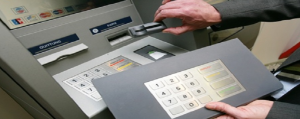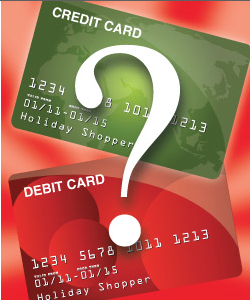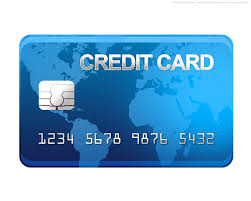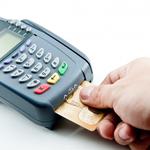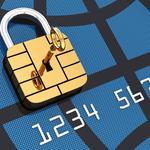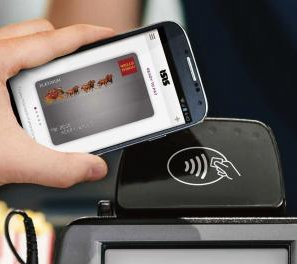
Wells Fargo Wallet will be added to the company’s existing mobile banking applications. Automatic refresh opportunities incorporating the WFW feature will be sent to Android users. Visa consumers and small business card customers also will be able to register.
Wells Fargo Payment App For Android Phones
Wells Fargo customers will be able to make purchases by tapping their Android phones at NFC-enabled payment terminals worldwide, including more than 1.4 million U.S. merchant locations. All transactions will be host card emulation-type, using the Visa Token Service.
Easy Sign Up Process
Wells Fargo supports Apple Pay, Samsung Pay and Android Pay, apps that require a download and enrollment process for cards. WF believes some of its customers may prefer the new Wallet because of the easy sign-up process and other services offered with the mobile banking option.
Chase and Capitol One preceded WF in offering proprietary mobile payment apps. Chase Pay is QR-code-based and Capital One Wallet, like WFW, is NFC-based. WF chose NFC to allow all of its card users to have the same experience, according to Steve Ellis, head of Innovation Group at WF in Fan Francisco.
Access Debit Card Balances
Cardholders will have access to their debit card account balance or credit card line of credit within the WFW app before and immediately after a purchase. Customers will be able to use the app for ATM transactions as well, without using a physical debit or ATM card. WF ATMs will be NFC-enabled by the end of this year, Ellis said. Apple Pay, Android Pay and Samsung Pay customers also will have the ATM service.
